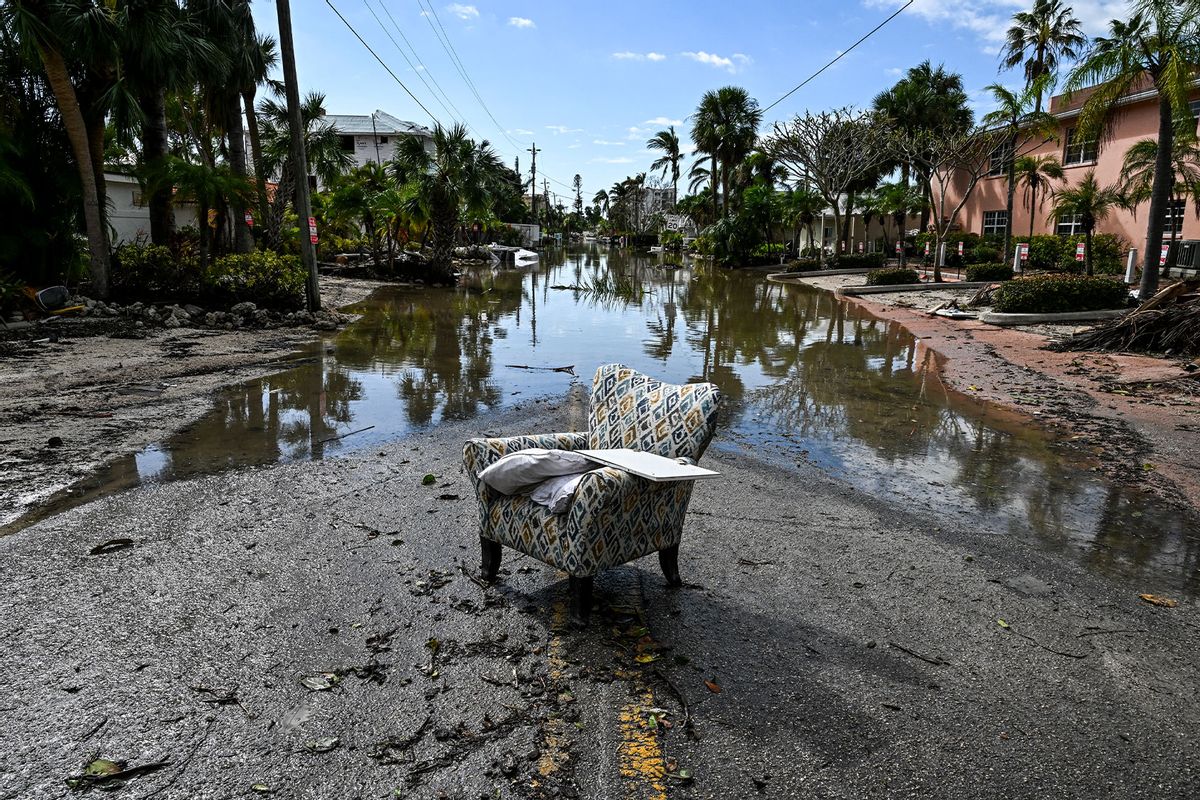The 2024 hurricane season could rank among the most expensive after Helene flooded North Carolina in late September and Hurricane Milton hit south Florida about two weeks later.
Financial damages are still being counted, but the latest estimates put both storms at $50 billion, making them among the most costly hurricanes on record.
Hurricanes have become more costly over the past three decades. Andrew, which hit Miami in 1992, was the first $50 billion storm. More recently, Harvey swamped Texas in 2017 and cost about $125 billion in damage — second only to Katrina's destruction in New Orleans and along the Mississippi Gulf Coast in 2005. Hurricanes are responsible for the most damage of any weather disaster since 1980, causing over $1.3 trillion in total damages, according to NOAA's Office of Coastal Management.
Besides causing property damage that can take years to recover from, the storms can disrupt supply chains, limit the money people spend on non-essential items and cause a decrease in GDP growth, which measures how quickly the U.S. economy is expanding.
Hurricane costs are expected to increase as climate change fuels warmer waters and people continue building on vulnerable coasts. Taxpayers are often left footing the bill while insurance companies try to keep up.
Who pays for what?
When you live outside hurricane impact zones, it's easy to forget that someone is financially responsible for clearing away the rubble, rebuilding infrastructure and supporting people through recovery.
Mark Friedlander, director of corporate communications at the Insurance Information Institute, said state and local governments are largely responsible for paying those expenses until federal funding is available.
“The costs associated with cleanup and restoration efforts are typically reimbursed by FEMA grants,” Friedlander said.
We need your help to stay independent
The Federal Emergency Management Agency also provides direct aid to people who apply for assistance following natural disasters. After Katrina, the U.S. Department of Housing and Urban Development funded billions of dollars in grants to help homeowners rebuild.
Many people also rely on property insurance coverage or personal savings to make them whole.
But that doesn't work for some homeowners. Those who choose not to purchase the optional flood insurance package will be on the hook for water damage. In the case of Katrina, many didn't have flood insurance because they weren't living in designated flood zones. Helene flooded portions of North Carolina where natural disasters are rare.
"Lack of flood insurance is the largest insurance gap in the U.S."
“Lack of flood insurance is the largest insurance gap in the U.S., with only 6% of homeowners having the coverage,” Friedlander said.
Another wrinkle in the system comes from wind damage. While it's typically covered in standard homeowner insurance policies, hurricanes can throw a wrench into things.
“If the home is damaged due to a covered event, such as a windstorm, and the homeowner has insurance and complies with their obligations under the policy, then the homeowner's insurance should afford coverage for the damaged property,” said home insurance and FEMA expert Robert Guinn, Esq., Partner & Attorney at Cole, Scott & Kissane.
However, according to the FEMA website, “Wind coverage may be excluded if you live in a coastal area at high-risk for tropical storms and hurricanes.”



Shares